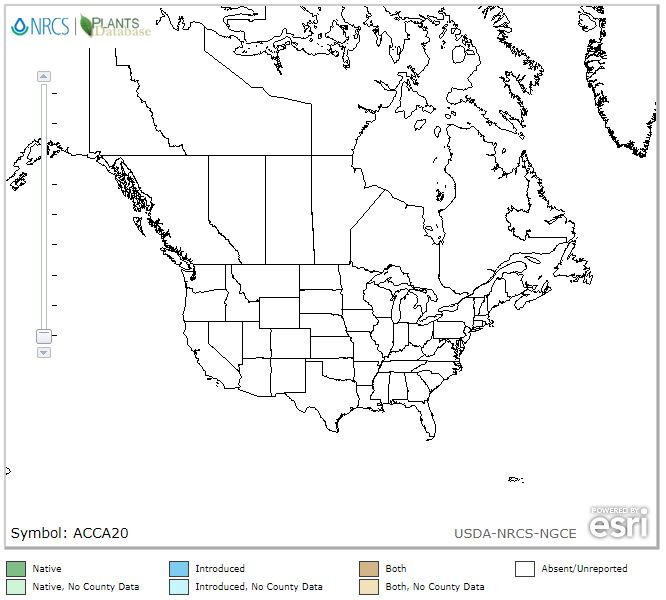Asarum, Xì Xīn, 细辛, Radix et Rhizome Asari
Disclaimer For educational purposes only. Do not use as medical advice
Space Space
Space USA: Asarum heterotropoides Fr. var. mandshuricum USDA Zones: Native: Habitats: This herb can cause liver-kidney damage. Use only at very low dosages of 1-3g and only at the direction of a licensed herbal doctor. Entire plant is toxic. Herbal medicine may interact negatively with pharma drugs and other herbs. Examples below: Herbs: Pharma Drugs:
Health Benefits
For: Deep headaches • Cold • Flu • Chills • Body aches • Toothaches
Attributes:
Products (online examples)
Space
Space
Research (sample)
Articles:
Constituents:
Primary volatile oil: Camphene • Myrcene • Sabinene • Limonene • Estragole • α-pinene • β-pinene • Terpinolene • Borneol
Photos (Click to enlarge)
Fun Facts
Other Names: Chinese Wild Ginger • Saishin • Sesin • Xi Xin Mo (powder) • Zhi Xi Xin (Prepared) • Liao Xi Xin • Xi Shen • Yan Dai Guo Hua • Second variety: Asarum sieboldii
Plant Family: Aristolochiaceae
Pharmacopeias: Shen Nong Ben Cao Jing
Species
Growth
TBD
TBD
Asarum heterotropoides Fr. var. mandshuricum is not in the USDA Plant Database. Drill down via USDA Interactive Map:
Properties, Actions, Indications, etc. Category: Release Exterior Wind Cold
English: Asarum Pinyin: Xi Xin Pharmaceutical: Radix et Rhizome Asari
Organs: Lung • Heart • Kidney Temperature: Warm
Taste: Pungent • Aromatic • Toxic Toxicity: Can cause liver-kidney damage. Use roots only and only at very low dosages of 1-3g. Entire plant is toxic
Patterns: Wind cold
Actions: Relieve deep headaches • Relieve nasal discharge or congestion • Reduce body aches • Disperse wind cold • Dry Dampness • Reduce phlegm • Relief Pain
Indications: Severe yang Qi deficiency • Body aches • Toothaches • Headaches
Contraindications: Profuse sweating from Qi deficiency • Headaches or cough from yin deficiency
Typical Dosage: 1g to 3g Guidelines
Parts Used: Root
Other: Best for deep headaches
Combine With
Purpose
Formulas with Xi Xin
Alert
Be cautions with all medicine.
Potential Drug Interactions
Information in this post came from many sources, including class notes, practitioners, websites, webinars, books, magazines, and editor's personal experience. While the original source often came from historical Chinese texts, variations may result from the numerous English translations. Always consult a doctor prior to using these drugs. The information here is strictly for educational purposes.



0 Comments